The journey of learning a musical instrument as an adult is both exhilarating and challenging. Unlike children, who often have structured environments and external motivations, adults navigate a complex web of responsibilities, self-discipline, and personal aspirations. Understanding the mechanisms that sustain motivation in adult learners reveals fascinating insights into human psychology, perseverance, and the transformative power of music.
One of the most compelling drivers for adult learners is the intrinsic joy derived from the process itself. Many adults take up an instrument not for external validation but for the sheer pleasure of creating music. This internal reward system is powerful; the act of playing becomes a form of self-expression and emotional release. When a learner feels connected to the music, practice sessions transform from chores into cherished moments of solitude or creativity. This emotional resonance acts as a natural motivator, pulling them back to the instrument even when progress feels slow.
Social connections also play a pivotal role in sustaining motivation. Adults often seek out communities—whether local ensembles, online forums, or casual jam sessions—to share their progress and struggles. These interactions provide accountability and camaraderie, making the learning journey feel less isolating. The fear of letting down peers or the desire to contribute meaningfully to a group performance can spur consistent practice. Moreover, witnessing others’ progress serves as both inspiration and a reminder that mastery is a gradual process.
The concept of deliberate practice is another cornerstone of motivation maintenance. Adults who approach learning with structured goals and mindful repetition tend to stay engaged longer. Unlike mindless repetition, deliberate practice involves focused attention on specific challenges, breaking them into manageable parts. Celebrating small victories—like mastering a difficult measure or improving tone quality—reinforces a sense of achievement. This methodical progress, though sometimes tedious, builds confidence and reinforces the belief that effort leads to tangible results.
Interestingly, the very challenges that might discourage beginners can become sources of motivation for committed learners. Plateaus, for instance, are inevitable in musical development. Adults who persevere through these stagnant phases often emerge with renewed dedication. The struggle to overcome a plateau fosters resilience, and the eventual breakthrough delivers a profound sense of accomplishment. This cyclical pattern of struggle and triumph mirrors broader life experiences, making music a metaphor for personal growth.
External motivators, while less dominant than intrinsic ones, still hold significance. Performances, exams, or recording sessions create deadlines that compel practice. The adrenaline rush of performing live or the satisfaction of sharing a recording with friends can reignite passion during slumps. However, these external pressures must be balanced carefully; too much focus on outcomes can drain the joy from the process, leading to burnout.
Technology has also reshaped motivation dynamics. Apps that track practice streaks, online tutorials offering instant feedback, and platforms for virtual collaborations provide immediate gratification and structure. Gamification elements, like earning badges for consistent practice, tap into the brain’s reward centers. Yet, technology’s double-edged sword is evident: while it offers convenience, overreliance can dilute the deep, reflective practice that fosters true artistry.
Ultimately, the sustainability of an adult’s musical journey hinges on aligning the process with their identity and lifestyle. Those who view themselves as “musicians”—regardless of skill level—tend to prioritize practice naturally. Integrating music into daily routines, such as playing for relaxation after work or dedicating Sunday mornings to improvisation, embeds the habit deeply. When playing an instrument becomes not just an activity but a part of who they are, motivation ceases to be a fleeting impulse and transforms into a enduring passion.
The interplay of these factors—emotional fulfillment, community, deliberate effort, resilience, and identity—creates a robust framework for maintaining motivation. Adult learners who navigate this landscape with patience and self-awareness often find that music becomes not just a skill but a lifelong companion, offering joy and meaning far beyond the notes on the page.

By /Jul 17, 2025

By /Jul 17, 2025

By /Jul 17, 2025

By /Jul 17, 2025
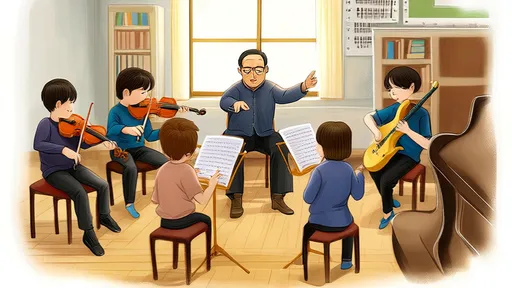
By /Jul 17, 2025
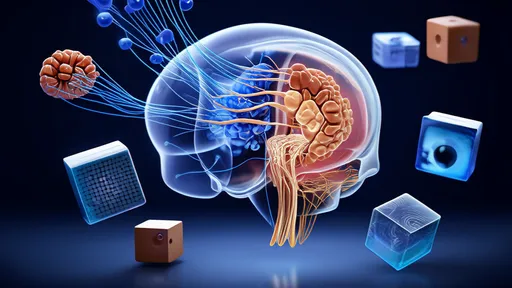
By /Jul 17, 2025

By /Jul 17, 2025

By /Jul 17, 2025
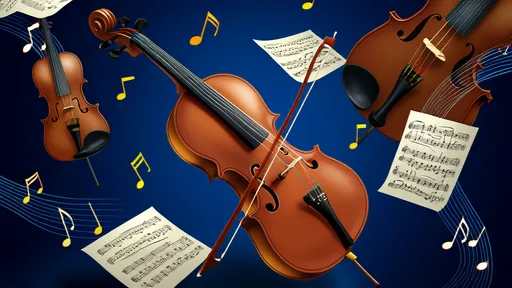
By /Jul 17, 2025
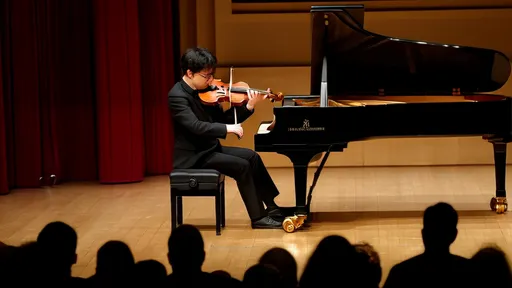
By /Jul 17, 2025
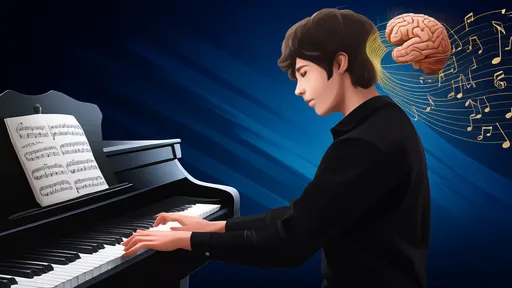
By /Jul 17, 2025
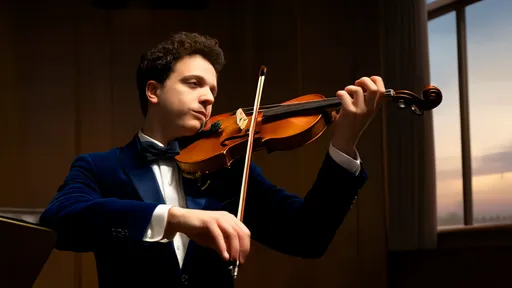
By /Jul 17, 2025

By /Jul 17, 2025

By /Jul 17, 2025

By /Jul 17, 2025

By /Jul 17, 2025

By /Jul 17, 2025

By /Jul 17, 2025